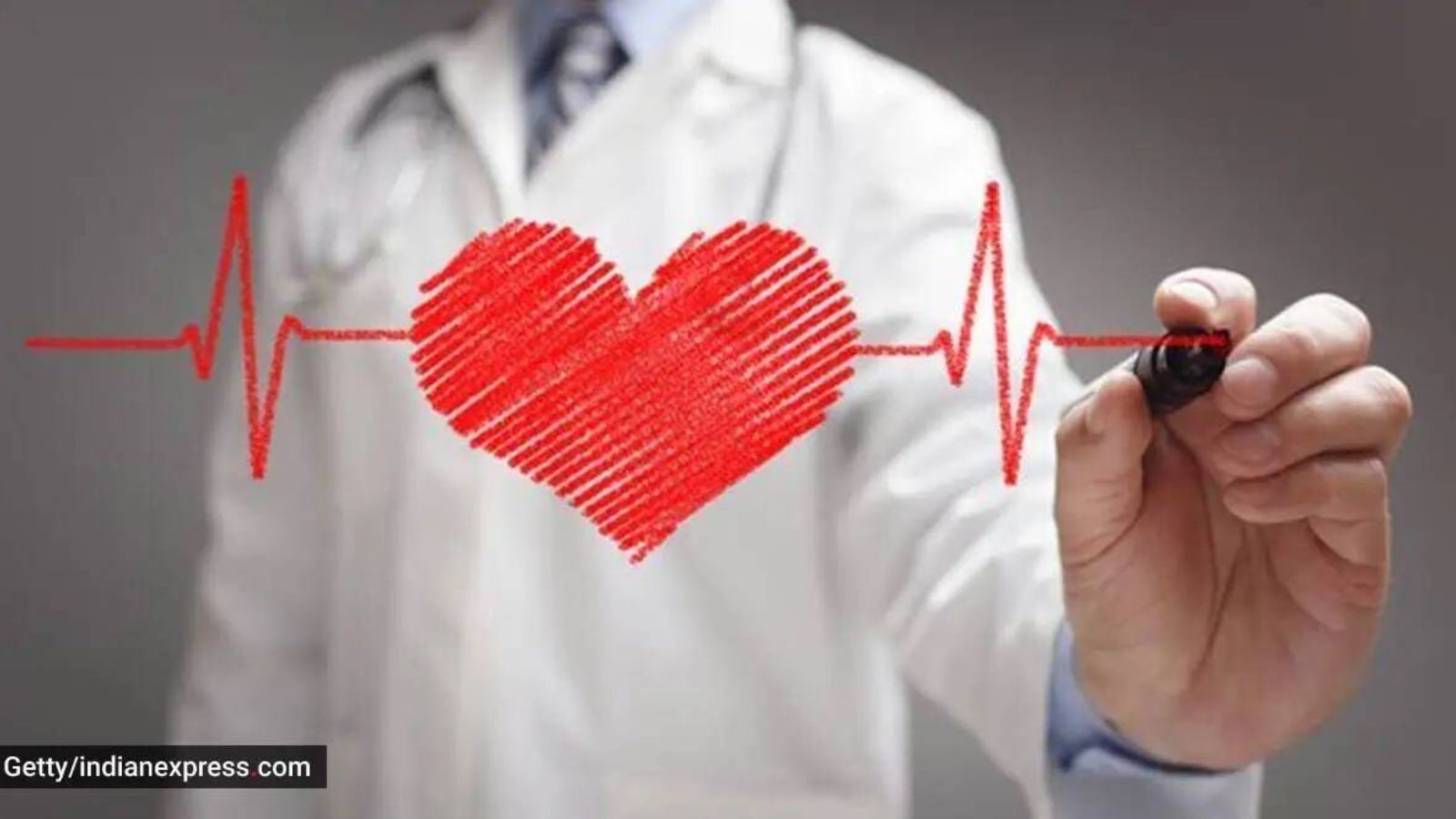The death of a young man, all of 175 kg and 6’2” tall, while doing a workout in a Faridabad gym, has added to speculation over triggers of sudden cardiac arrest, when the heart’s electrical impulses go awry and shut down the heart beats. Is the gym workout safe for people living with obesity, like this young man?
The deceased had a cup of black coffee before starting his day’s workout and was seen pulling a cable and exercising his shoulders. Soon he shifted to doing triceps extension and in minutes, he collapsed and fell on the ground. Clearly the overexertion of exercising with obesity had compounded his overall risk of heart stress. “The biggest red flag here is obesity and the black coffee has nothing to do with it. Obesity itself comes with a lot of other risk factors like bad cholesterol or low density lipoprotein (LDL) and blood sugar. Then there could be family history, genetic conditions that thicken the heart muscle and other undetected underlying conditions,” says Dr Nishith Chandra, Principal Director, Interventional Cardiology, Fortis Escorts Heart Institute, New Delhi.
Is drinking black coffee on an empty stomach before a workout a trigger?
A cup of black coffee before a workout is not harmful and can enhance performance for some. But if somebody with a pre-existing heart condition has more cups, then excessive caffeine intake, particularly when combined with intense exercise, could potentially trigger arrhythmias or irregular heartbeats. That compounded by heart stress may increase the risk of cardiac arrest.
Story continues below this ad
What happens when you push yourself too hard during workouts?
Pushing oneself too hard during workouts, especially without prior training, can strain the heart. Activities like weightlifting can cause a temporary spike in blood pressure, which is risky for individuals with pre-existing conditions. High BP can stress out the lining of heart vessels, causing a tear and dislodging plaque, triggering a heart attack.
High blood pressure forces the heart to work harder to pump blood, causing the left ventricle (main pumping chamber) to thicken and enlarge. This disrupts the heart’s electrical impulses and increases the risk of arrhythmias and sudden cardiac arrest.
What about dehydration?
Dehydration during strenuous exercise can cause imbalances in electrolytes. When you are not hydrated enough, then the resulting imbalance in potassium, calcium, sodium and magnesium can interfere with the heart’s ability to contract and conduct electrical impulses properly, potentially causing the heart to stop beating.
What about the use of anabolic steroids?
These are risky when overused. These increase the risk of blood clots. They may cause structural changes in the heart, decreasing the function of the heart’s ventricles. This results in irregular heartbeats and may trigger a cardiac arrest.
Story continues below this ad
What are guardrails for people living with obesity?
Obesity can be associated with various health conditions, so it’s crucial to get medical clearance before starting any new exercise programme or joining the gym. In fact, everybody should do a heart test before joining the gym. Go to a cardiologist, not a physician. Get three tests done — ECG (electrocardiogram) echo (echocardiogram) and a stress echo test which means simultaneous ECG and echo when the person is on the treadmill. This can help us assess the level of exercise the subject can endure. If these are normal, then chances of a sudden cardiac arrest at the gym are very less.
This is important because your doctor can prescribe a physical activity routine based on your health status and suggest a more graded plan with shorter sessions and lower intensity exercises, gradually increasing duration and intensity as fitness improves.
© The Indian Express Pvt Ltd
Expand

